Project Description
Social Responsibility
Social Responsibility
Social Responsibility
Corporate social responsibility is the way in which organisations deliver their business to positively benefit society and is appropriate to all businesses, not just in the construction industry. It is basically “doing the right thing”. All contractors, be they large or small or even micro businesses engage in it, although not many of the latter actually have a policy in place and it is therefore undertaken on an ad hoc basis. It is undertaken for various reasons and which include but not restricted to:
- Fulfilling contract obligations
- Is within the DNA and culture of the business already
- Working within a highly active local community
- Can provide a bond with all stakeholders in the project
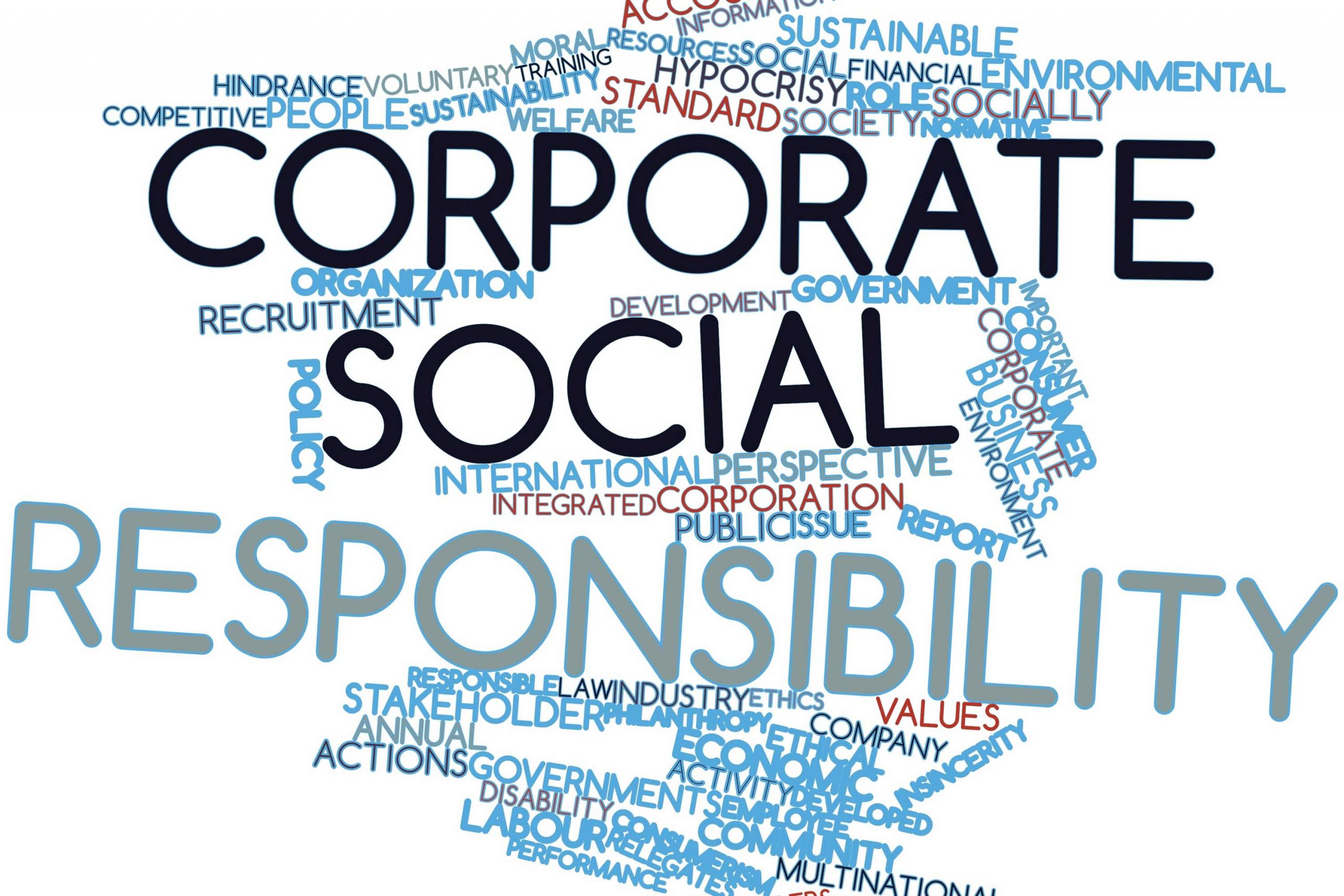
If managed successfully, there are many benefits that will be derived from having an effective CSR policy.
Examples include attracting the best talent, retaining the best talent, gaining a reputation for trust and integrity, enhancing positive public relations, enhancing relationships with all stakeholders and ultimately becoming a partner of choice for clients. If managed unsuccessfully, the business may attract bad publicity which may result from not adhering to legislation that supports the CSR policy such as health and safety, environmental, human rights and discrimination.
Positive social responsibilities can also be provided within the design of buildings such as the provision of integrated healthy lifestyle and well-being areas into the layouts of buildings, more recreational areas, improved ventilation, improved lighting and the incorporation of ecology supporting initiatives such as bat and bird boxes.

The majority of the deliverables throughout a construction project will have an impact at some time on the CSR policy.
They include being an employer of choice, being positively recognised externally by organisations such as Investors In People, supporting and encouraging individuals into construction, supporting the local communities in which projects are located, supporting mental health awareness, occupational health surveillance and healthy lifestyles and well-being, effective procurement and ethical sourcing of materials, implementing an effective environmental and sustainability agenda and ensuring that all the foregoing is measured and promoted to all stakeholders that may be affected by the construction works being undertaken.
It is also important to understand the importance of customer care within the delivery of all the foregoing. By implementing some or all of the measures described, there is an element of customer care in all these activities and which should be integrated within the procedures at all times.
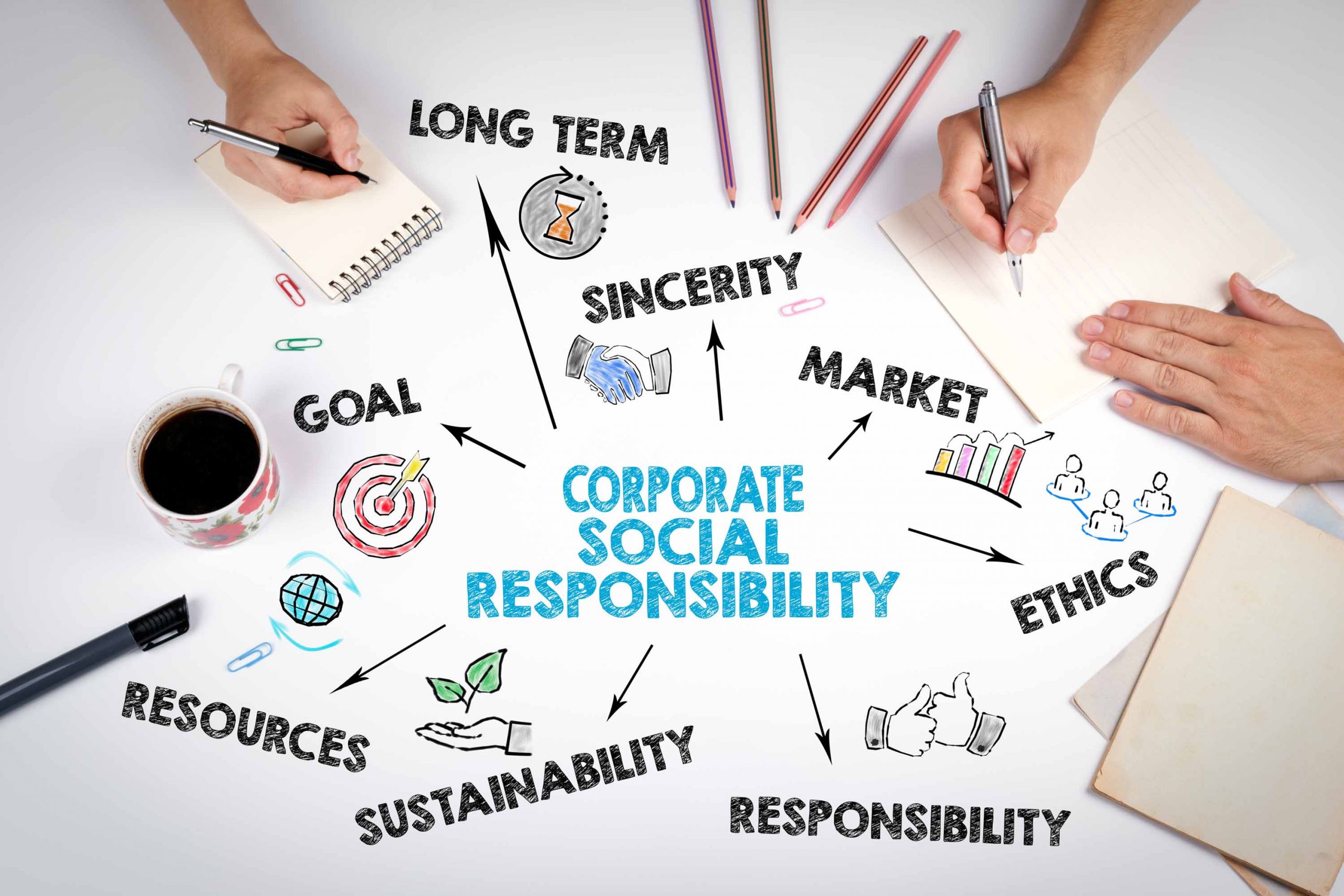
The Social Value Act 2012 identified that “social value is underpinned by understanding your (own) social, economic and environmental impact including evidencing the value (difference) this creates for people, communities, businesses and economies”.
It is in bedded in planning, procurement, delivery and maintenance operations of public sector contracts and it is incumbent on everyone working in construction to support the industry in either a social economic or an environmental capacity. There are many ways in which the extent and even the monetary value created can be calculated and there are a number of specialist organisations that will undertake this work for a business.
The advent of social media will also ensure that the social value created can be communicated as widely and as effectively as possible.
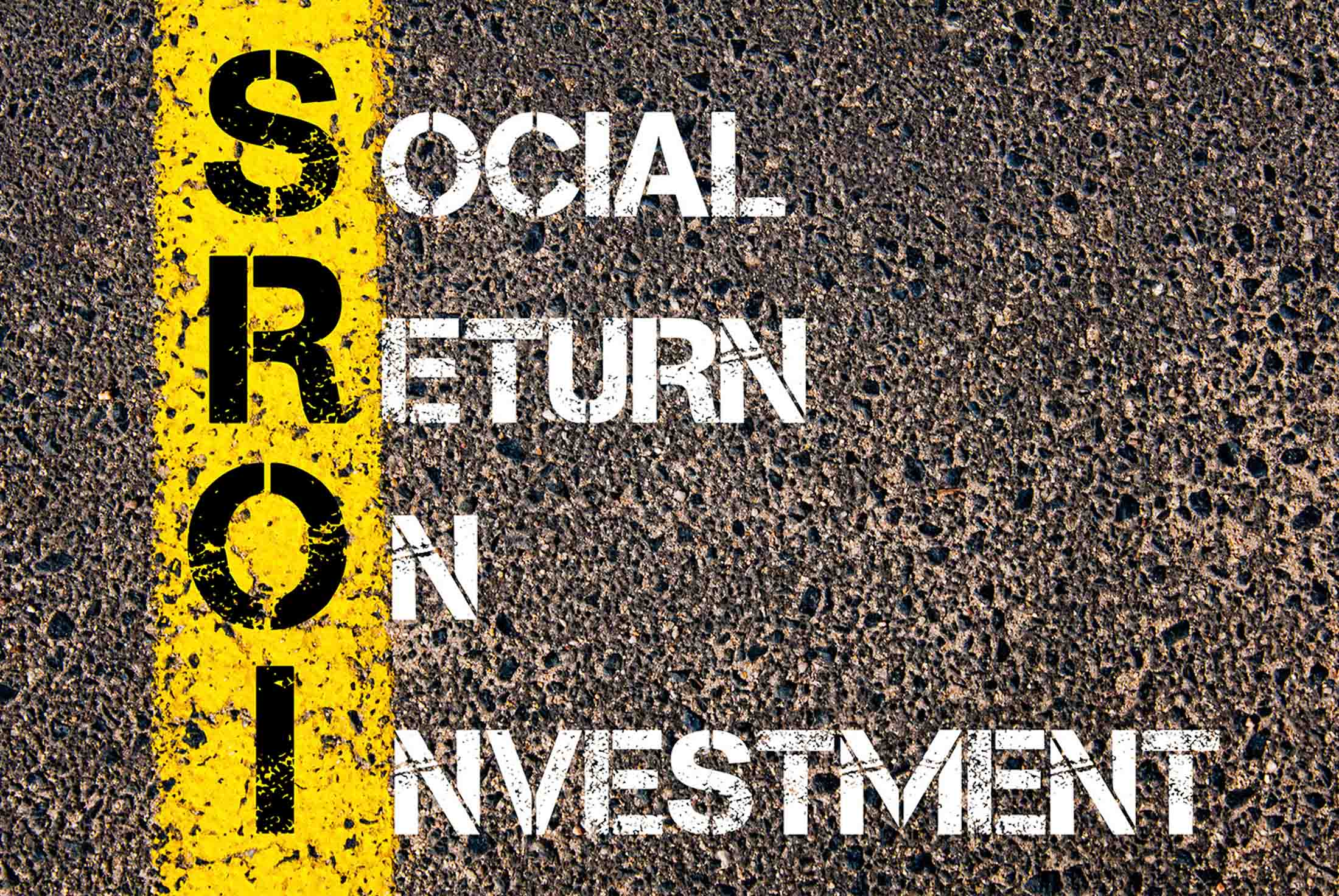
Corporate social responsibility is the way in which organisations deliver their business to positively benefit society and is appropriate to all businesses, not just in the construction industry. It is basically “doing the right thing”. All contractors, be they large or small or even micro businesses engage in it, although not many of the latter actually have a policy in place and it is therefore undertaken on an ad hoc basis. It is undertaken for various reasons and which include but not restricted to:
- Fulfilling contract obligations
- Is within the DNA and culture of the business already
- Working within a highly active local community
- Can provide a bond with all stakeholders in the project
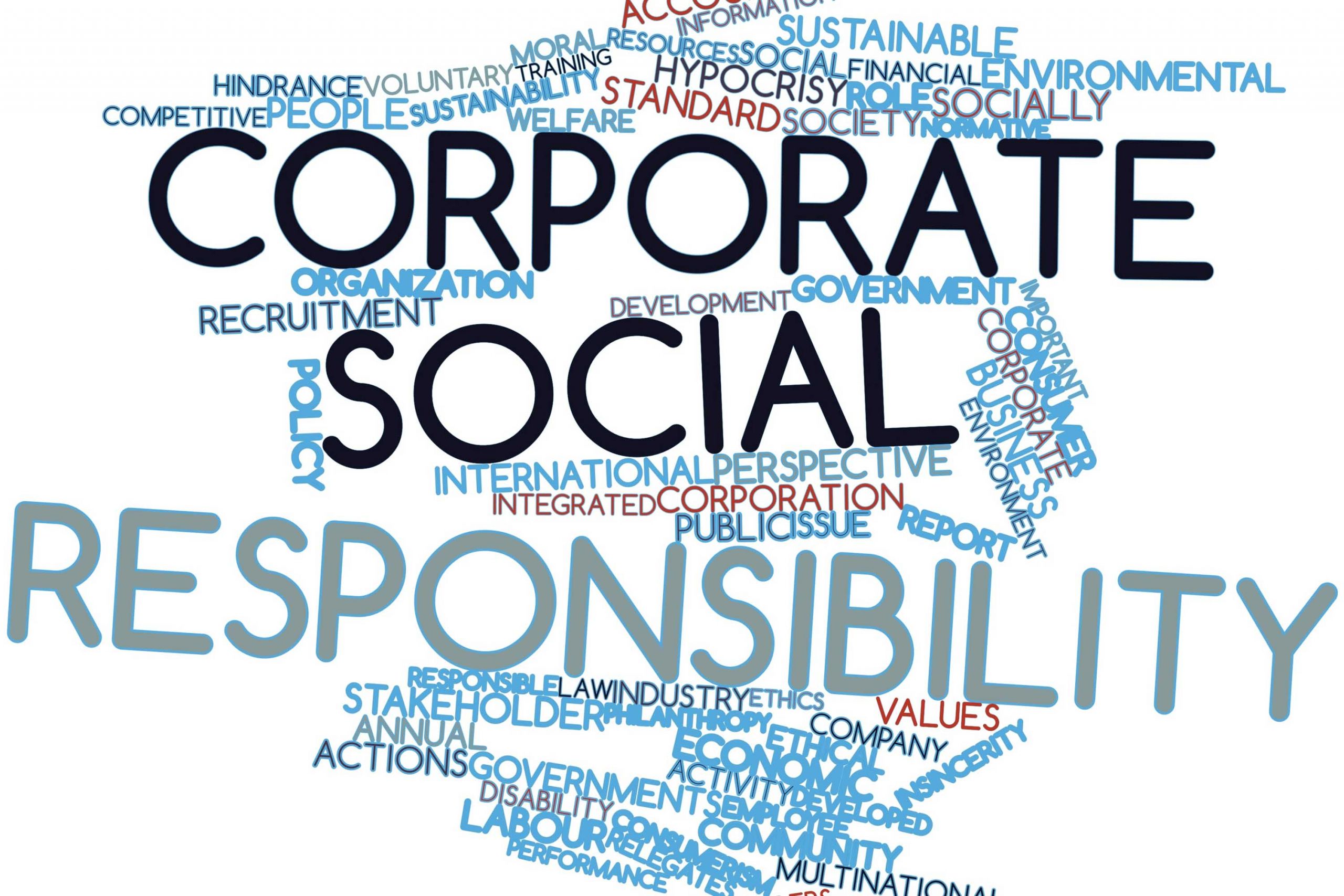
If managed successfully, there are many benefits that will be derived from having an effective CSR policy.
Examples include attracting the best talent, retaining the best talent, gaining a reputation for trust and integrity, enhancing positive public relations, enhancing relationships with all stakeholders and ultimately becoming a partner of choice for clients. If managed unsuccessfully, the business may attract bad publicity which may result from not adhering to legislation that supports the CSR policy such as health and safety, environmental, human rights and discrimination.
Positive social responsibilities can also be provided within the design of buildings such as the provision of integrated healthy lifestyle and well-being areas into the layouts of buildings, more recreational areas, improved ventilation, improved lighting and the incorporation of ecology supporting initiatives such as bat and bird boxes.

The majority of the deliverables throughout a construction project will have an impact at some time on the CSR policy.
They include being an employer of choice, being positively recognised externally by organisations such as Investors In People, supporting and encouraging individuals into construction, supporting the local communities in which projects are located, supporting mental health awareness, occupational health surveillance and healthy lifestyles and well-being, effective procurement and ethical sourcing of materials, implementing an effective environmental and sustainability agenda and ensuring that all the foregoing is measured and promoted to all stakeholders that may be affected by the construction works being undertaken.
It is also important to understand the importance of customer care within the delivery of all the foregoing. By implementing some or all of the measures described, there is an element of customer care in all these activities and which should be integrated within the procedures at all times.
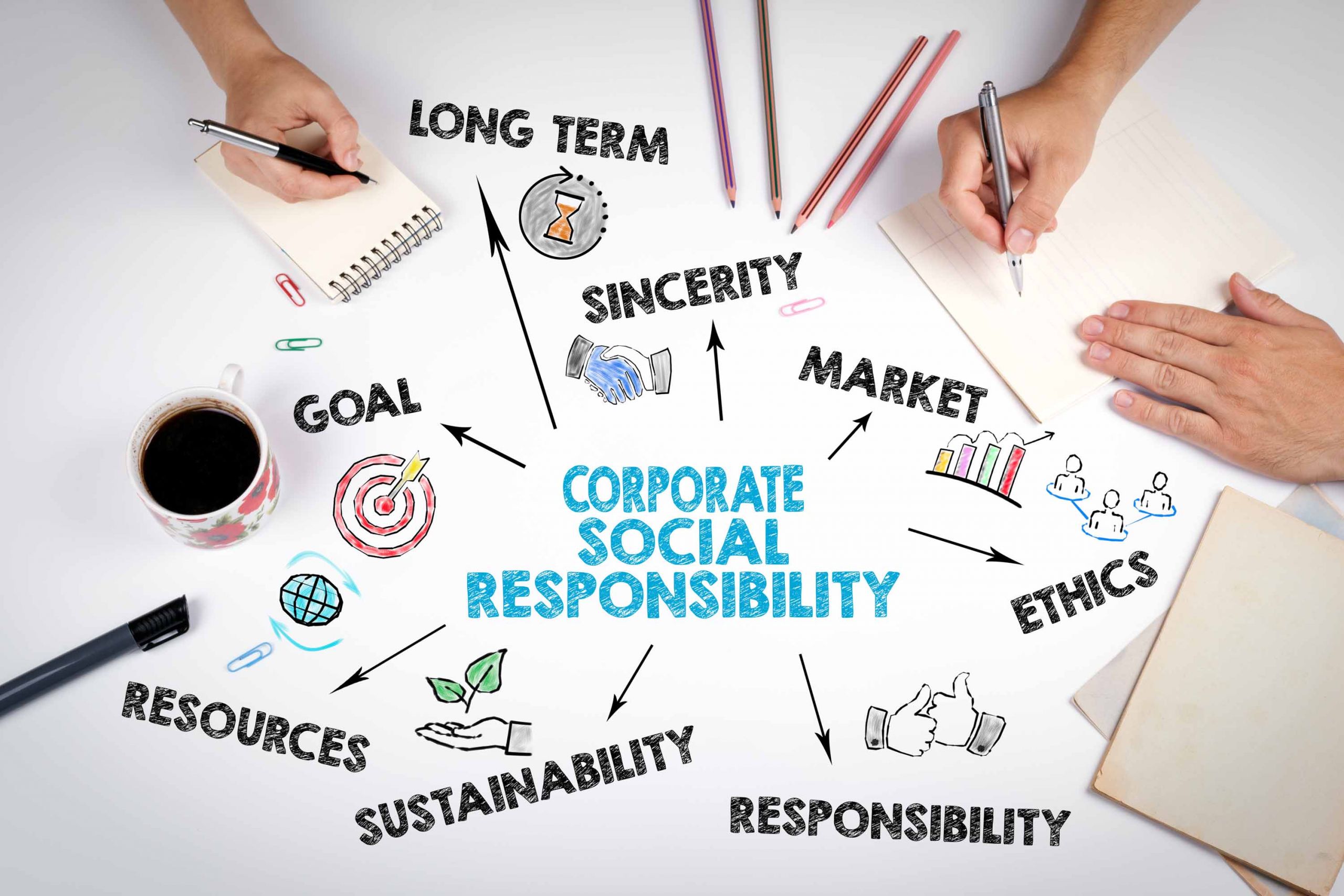
The Social Value Act 2012 identified that “social value is underpinned by understanding your (own) social, economic and environmental impact including evidencing the value (difference) this creates for people, communities, businesses and economies”.
It is in bedded in planning, procurement, delivery and maintenance operations of public sector contracts and it is incumbent on everyone working in construction to support the industry in either a social economic or an environmental capacity. There are many ways in which the extent and even the monetary value created can be calculated and there are a number of specialist organisations that will undertake this work for a business.
The advent of social media will also ensure that the social value created can be communicated as widely and as effectively as possible.
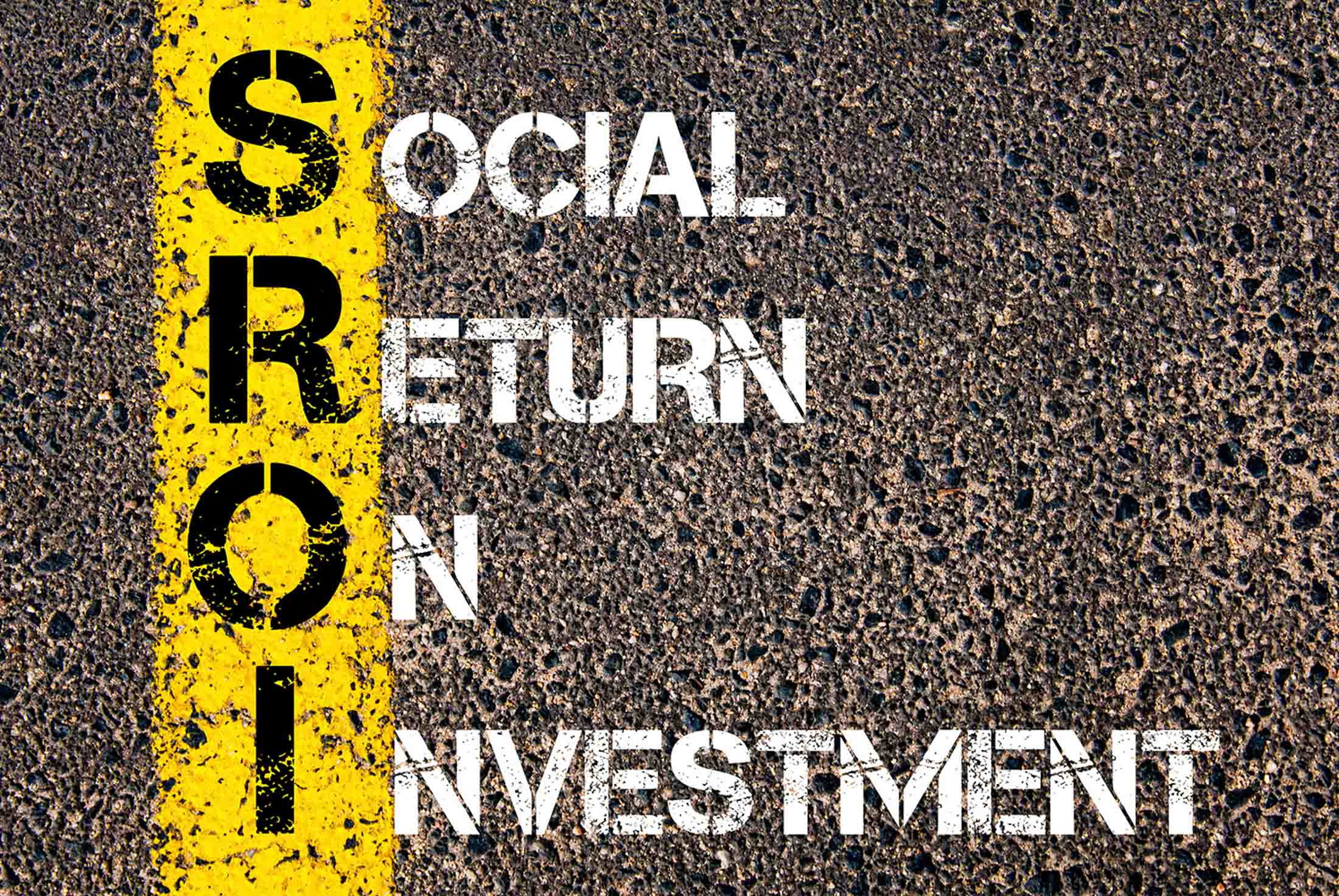
- Fulfilling contract obligations
- Is within the DNA and culture of the business already
- Working within a highly active local community
- Can provide a bond with all stakeholders in the project
Examples include attracting the best talent, retaining the best talent, gaining a reputation for trust and integrity, enhancing positive public relations, enhancing relationships with all stakeholders and ultimately becoming a partner of choice for clients. If managed unsuccessfully, the business may attract bad publicity which may result from not adhering to legislation that supports the CSR policy such as health and safety, environmental, human rights and discrimination.
Positive social responsibilities can also be provided within the design of buildings such as the provision of integrated healthy lifestyle and well-being areas into the layouts of buildings, more recreational areas, improved ventilation, improved lighting and the incorporation of ecology supporting initiatives such as bat and bird boxes.
They include being an employer of choice, being positively recognised externally by organisations such as Investors In People, supporting and encouraging individuals into construction, supporting the local communities in which projects are located, supporting mental health awareness, occupational health surveillance and healthy lifestyles and well-being, effective procurement and ethical sourcing of materials, implementing an effective environmental and sustainability agenda and ensuring that all the foregoing is measured and promoted to all stakeholders that may be affected by the construction works being undertaken.
It is also important to understand the importance of customer care within the delivery of all the foregoing. By implementing some or all of the measures described, there is an element of customer care in all these activities and which should be integrated within the procedures at all times.
It is in bedded in planning, procurement, delivery and maintenance operations of public sector contracts and it is incumbent on everyone working in construction to support the industry in either a social economic or an environmental capacity. There are many ways in which the extent and even the monetary value created can be calculated and there are a number of specialist organisations that will undertake this work for a business.
The advent of social media will also ensure that the social value created can be communicated as widely and as effectively as possible.

